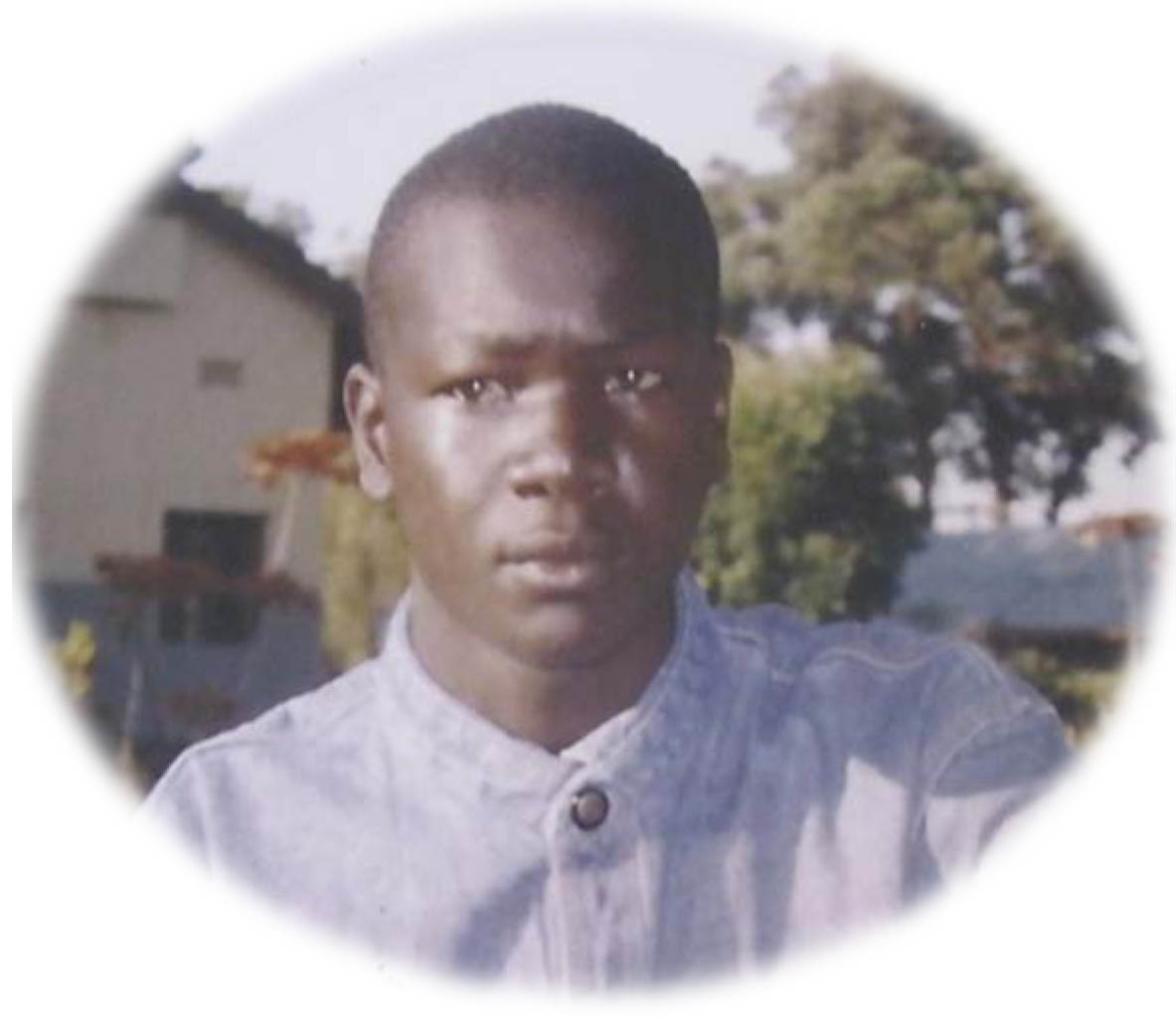By Roza Freriks and Lino Owor Ogora
JRP-IJR Policy Brief No. 3
This policy brief explores the continued relevance of truth‐seeking as an instrument of transitional justice and peace building in Northern Uganda. Over two years after the dissolution of the Juba Peace Talks in November 2008, several questions remain unanswered regarding how truth‐seeking might promote accountability and reconciliation in Northern Uganda.
From November 2010 to February 2011, the Justice and Reconciliation Project (JRP), in collaboration with the Institute for Justice and Reconciliation (IJR), organized a series of consultations with victims of conflict in Northern Uganda, entitled ‘Enhancing Grassroots Involvement in Transitional Justice Debates.’ The consultations, held in the Acholi/Lango, Teso, and West Nile sub‐regions, focused on truth‐telling, traditional justice, reparations and gender justice within the context of Uganda’s transitional justice processes.
This policy brief captures victims’ views on truth‐seeking in Northern Uganda. During the consultations it became evident that victims across Northern Uganda want to understand what exactly took place during the conflict and why. They insist that only after learning the truth will they be able to forgive and reconcile with the perpetrators. This policy brief is intended to inform relevant stakeholders of the need for a truth‐telling process in Uganda, the challenges such a process presents, and propose a way forward for the Ugandan truth‐telling process.
To download the full brief, click here.


